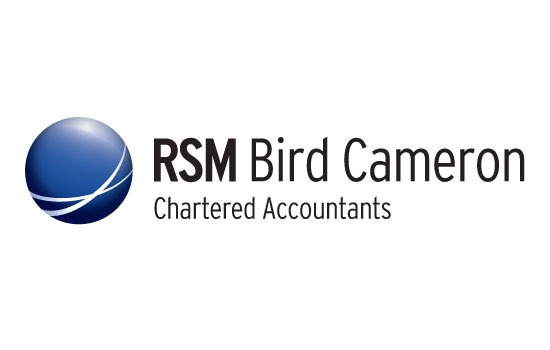
Cash flow, as they say, is the lifeblood of any business. It doesn’t matter whether you’re making thousands of cars a year or selling lemonade to neighbours, if you’re stuck waiting for payment from customers then you can’t pay your suppliers for the next batch of products to sell.
Here are 10 tips to help you improve your cash flow:
1. Consider giving discounts for payments upfront. Some businesses will have a discount window of a month that customers must pay within to receive the discount. This is easier to enforce than a penalty for late payment and is more attractive to customers.
2. Take as long as you can to pay your bills without incurring a late fee. If a supplier gives 30 days, then take the full 30. Pay regular suppliers before others; early payments can generate goodwill and improve the likelihood of obtaining credit.
3. Invest surplus funds in a high-interest bearing account or other financial vehicle. There’s no point having idle money in a business.
4. Create a cash flow forecast. Know when the money should come in, when it is likely to come in, and when you will have to pay it out. Knowledge will help you prepare for the inevitable delays.
5. Issue your invoices as soon as possible. This is one task that should be first on the list every day. Once sent, make sure you follow up by a polite phone call or second email the day after the invoice is overdue.
6. Give customers options for payment but emphasise your preference for electronic payment such as direct debit.
7. Split payments for longer projects so that you’re not waiting for the full invoice at the end of the job. This has the advantage of providing some security of payment as well as increasing cash flow.
8. Monitor your stock and replace products that are unlikely to sell. Focus on the better selling, higher-margin items.
9. When things get tight, triage your payments. Call all your suppliers and negotiate extended periods or deferred payments. Don’t pay the biggest debt first, pay the most important.
10. Link sales commissions to invoices paid rather than revenue billed. A cold call from your accounts department to a customer asking why a bill is unpaid is going to be less well received than the sales rep giving a friendly reminder at the next meeting. It also gives the sales person a reason to speak to the customer again – and perhaps lay the ground for another sale.




